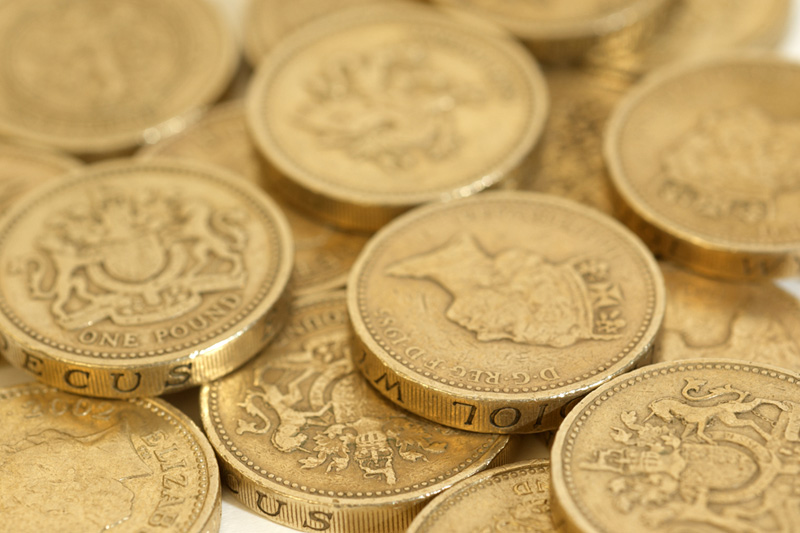Investing.com - The pound erased losses against the dollar on Tuesday as the greenback took a breather following its recent run higher, while elsewhere sterling was lower against the euro.
GBP/USD edged up 0.08% to 1.6372, coming off the lows of 1.6303 hit earlier in the session.
Cable was likely to find support at 1.6286, Monday’s low and resistance at around 1.6410.
The US Dollar Index, which tracks the performance of the greenback versus a basket of six other major currencies, was down 0.21% to 84.62, after rising to peaks of 84.86 on Monday, the highest since July 2010.
The dollar has rallied in recent months, boosted by expectations that the strengthening recovery in the U.S. would prompt the Federal Reserve to raise interest rates sooner than markets expect.
Sterling remained supported as investor focus returned to the outlook for U.K. monetary policy in the wake of last Thursday’s Scottish independence referendum.
But the pound struggled to build on gains after data on Tuesday showed that U.K. public sector borrowing increased from a year earlier in August.
The Office for National Statistics reported that public sector net borrowing, excluding public sector banks, was £11.6 billion in August 2014, an increase of £700 million compared with August 2013.
A separate report showed that U.K. mortgage approvals fell unexpectedly in August, but the underlying trend remained stable.
The number of mortgage approvals fell to 41,588 in August from 42,715 in July the British Bankers' Association said. Economists had expected the number of approvals to rise to 42,900.
Elsewhere, the pound was slightly lower against the euro, with EUR/GBP rising 0.15% to 0.7864, remaining supported above the two-year lows of 0.7809 struck last Thursday.
Output in the euro zone private sector grew at the slowest rate so far this year in September data on Tuesday showed, adding to fears over the outlook for the recovery in the region.
Research group Markit reported that the euro zone composite output index, which measures the combined output of both the manufacturing and service sectors slumped to a nine month low of 52.3 from 52.5 in August.
The bloc’s services PMI slid to a three month low of 52.8 from 53.1 last month, while the manufacturing index ticked down to a 14 month low of 50.5 from 50.7.
The weak data fuelled expectations for additional stimulus measures from the European Central Bank to help shore up the recovery in the region.
Speaking Monday, ECB President Mario Draghi reiterated that the bank was prepared to ease monetary policy further should it become necessary to address the risks of a prolonged period of low inflation in the euro area.
